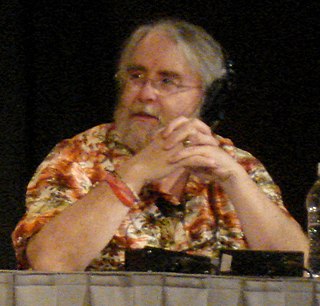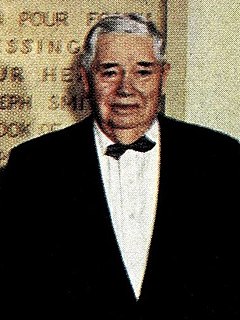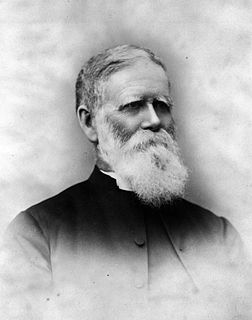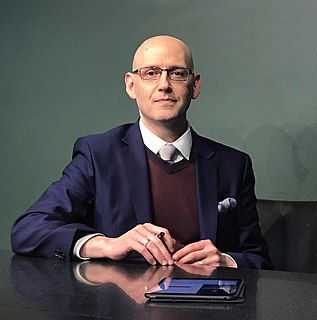A Quote by Thomas Jefferson
Would the honest patriot, in the full tide of successful experiment, abandon a government which has so far kept us free and firm on the theoretic and visionary fear that this Government, the world's best hope, may by possibility want energy to preserve itself? I trust not.
Related Quotes
May it be my privilege to have the happiness of establishing the commonwealth on a firm and secure basis and thus enjoy the reward which I desire, but only if I may be called the author of the best possible government; and bear with me the hope when I die that the foundations which I have laid for its future government, will stand firm and stable.
One year ago, on this occasion, I called your attention to the abuses that had crept into the distribution of our public funds, and I urged you and pleaded with you that, so far as the Church and its membership were concerned, we do not soil our hands with the bounteous outpouring of funds which the government was giving unto us. I renew that plea now. My brethren and sisters, for the sake of the government which we love, for the sake of the government which we believe was divinely inspired, be honest with it. Be honest, just ordinarily gold honest. That is all I ask.
The United States has adventured upon a great and noble experiment . . . of total separation of Church and State. . . . The offices of the Government are open alike to all. No tithes are levied to support an established Hierarchy, nor is the fallible judgment of man set up as the sure and infallible creed of faith. . . . Such is the great experiment which we have tried, and . . . our system of free government would be imperfect without it.
I would like to see transparency become the default for the American government: Abolish the Freedom of Information Act so we don't have to ask government for information but government must ask to keep information from us. The more transparent government is, the more collaborative it can become. The more our officials learn to trust us - with information and a role in government - the more we can trust them.
The conclusions seem inescapable that in certain circles a tendency has arisen to fear people who fear government. Government, as the Father of Our Country put it so well, is a dangerous servant and a fearful master. People who understand history, especially the history of government, do well to fear it. For a people to express openly their fear of those of us who are afraid of tyranny is alarming. Fear of the state is in no sense subversive. It is, to the contrary, the healthiest political philosophy for a free people.































